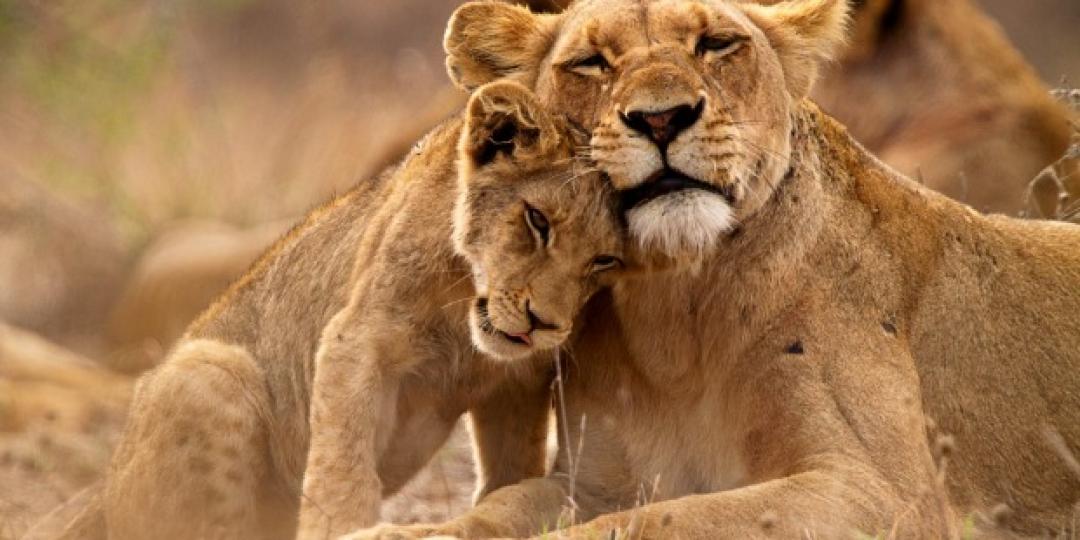New research reveals that South African citizens, international, and UK tourists want to see an end to trophy hunting in favour of wildlife-friendly experiences.
Global animal rights organisation, World Animal Protection, recently published its research into public attitudes to trophy hunting, surveying 10 900 people from around the world, including international tourists from countries who most frequently visit South Africa, in addition to South African citizens.
The report revealed a universally strong opposition to the blood-sport and a desire to finance the protection of the nation’s iconic wildlife through non-lethal alternatives such as responsible wildlife tourism.
The key findings from the research revealed, amongst others:
- 84% of international and 88% of UK tourists agreed that the South African government should prioritise wildlife-friendly tourism over trophy hunting.
- 74% of international and 79% of UK tourists agreed that making trophy hunting a key pillar of policy would damage South Africa’s reputation, and 72% (UK 77%) would be put off visiting the country altogether.
- 7 in 10 South African citizens agree that their country would be a more attractive tourist destination if they banned trophy hunting.
- Three-quarters (74%) of South African citizens agree that trophy hunting is unacceptable when wildlife-friendly tourism alternatives have not been fully utilised.
Edith Kabesiime, Wildlife Campaign Manager (Africa) at World Animal Protection said: “The life of a wild animal is worth so much more than the trophy it is too often reduced to.
“The government needs to listen to South African voices who clearly don’t want their wildlife heritage plundered any further and want to see change. Continuing to make wild animals shoot-to-kill targets at the mercy of wealthy westerners is outdated in a world where public attitudes are swiftly shifting.”
Brand SA’s reputation
CEO of SATSA, David Frost, recently acknowledged that South Africa’s brand reputation had taken a battering on the global stage as a result of “a range of reprehensible tourism facilities that provided captive lion breeding, canned lion hunting, lion cub petting, lion bone exports, rhino horn farming, etc”.
Which was why SATSA has welcomed the Department of Environmental Affairs, Forestry and Fisheries’ (DEFF) Draft White Paper on the Conservation and Sustainable Use of Biodiversity in South Africa, highlighting that it aims to put South Africa’s brand reputation as an authentic and responsible safari and wildlife tourism destination on the map.
“We are particularly heartened to see that the South African Government has formalised the philosophy espoused in SATSA’s guidelines within their new Biodiversity and Sustainable Use Policies, which include protection of the wildness of our iconic species, their welfare and wellbeing,” said Frost.
“The development of wildlife-friendly tourism and the removal of wildlife exploitation like trophy hunting and captive lion breeding has the potential to enhance South Africa’s international reputation as a global leader in wildlife-friendly experiences.
“It would reposition the country as an even more competitive destination of choice for responsible travellers and tour operators,” agreed Katheryn Wise, World Animal Protection UK Wildlife Campaigns Manager.
There is further evidence that trophy hunting harms tourism. Good Governance Africa (GGA) – commissioned by Humane Society International-Africa (HSI-Africa) to conduct research to assess whether there was economic evidence in favour of promoting trophy hunting as a conservation tool for South Africa – concluded in its March 2022 report “that the practice may directly undermine other economic activities such as non-consumptive tourism”.
Ministerial Task Team
Meanwhile, Minister of Forestry, Fisheries and the Environment, Barbara Creecy, has announced her intention to appoint a Ministerial Task Team to identify voluntary exit options and pathways for lion breeders from the captive lion industry.
“The appointment of this advisory panel follows a High Level Panel which made recommendations to the Minister on matters relating to the management, breeding, hunting, trade and handling of elephant, lion, leopard and rhinoceros,” said a spokesperson for the Ministry.
The Minister has invited members of the public to submit nominations for members of the Ministerial Task Team to the Department. Nominations must be in by August 24.























